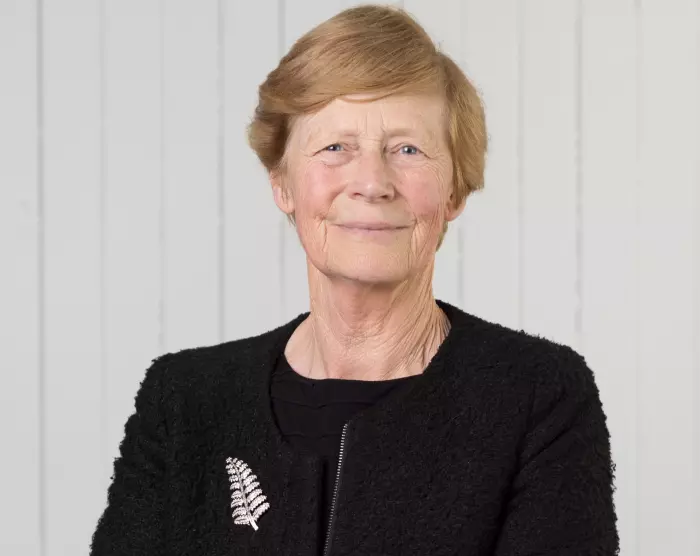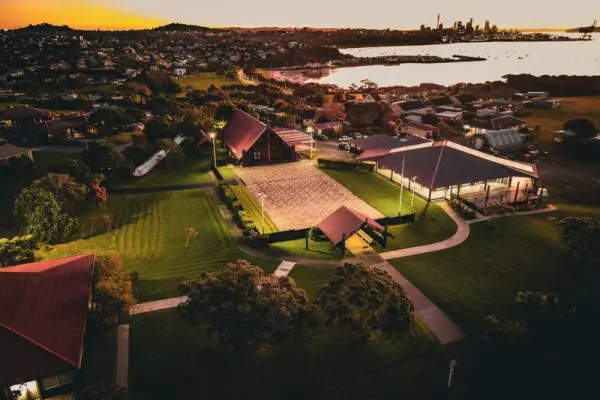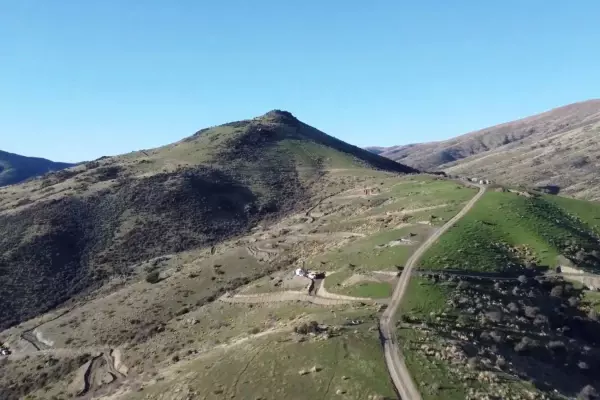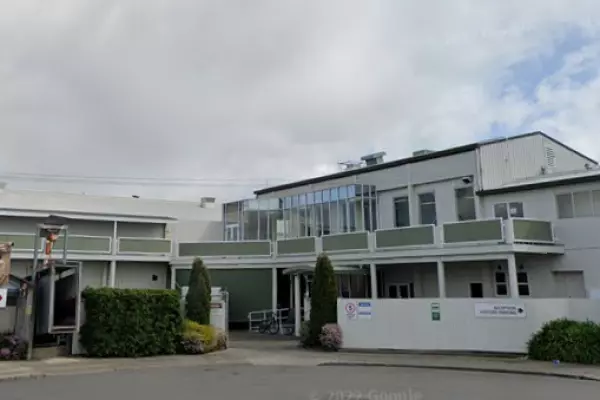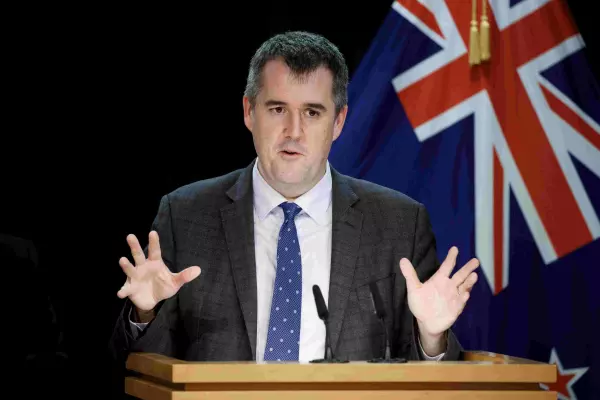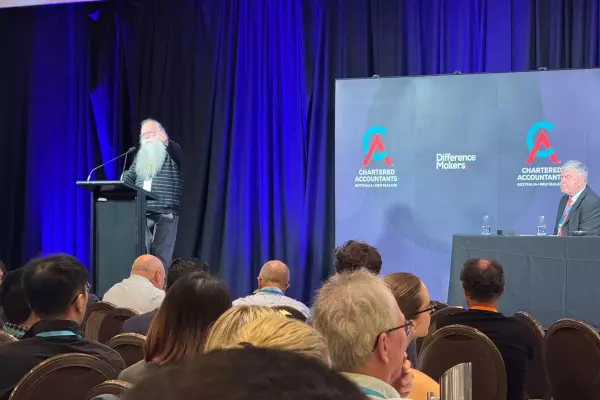The incoming chair of Te Whatu Ora’s board says although the country “won’t grow the workforce overnight”, she will continue to focus on the issue to relieve strain and bring health service equity for all New Zealanders.
Karen Poutasi, a trained medical doctor and former director general of health, said it was essential to be guided by the Pae Ora legislation, which seeks equitable outcomes, when she steps into the role on July 1.
“We're not going to grow our workforce overnight.
“We are busy growing it, and we're having an effect, but we need to look at how we can do things differently and better.”
Multiple challenges
Poutasi said she had been talking to leaders in primary care and recognised the current problems that exist. She said she wanted to make sure all staff felt supported, so they can make a difference for New Zealanders.
“The challenges are multiple. We absolutely need to be able to support our staff, we've got 90,000 people working within Te Whatu Ora and it's been a tough year for them, it's been a tough few years.
"Equally, we have another 160,000 plus people working in the community. And, and it's been tough for them as well.”
She said they are planning to develop a national infrastructure for training, so that Te Whatu Ora can build a national system to support registrars in training, including work to support growth in NZ-trained medical graduates.
When BusinessDesk asked about the limitations on accepting international medical students practising in NZ, Poutasi wouldn't comment on that issue directly.
She said recent funding from the government will increase medical school enrolments next year by 50 to 589 places annually.
Clear evidence
Poutasi said the current system does not deliver equitable outcomes for Māori or Pacific and rural populations, “the evidence is very clear on that”.
She said Te Whatu Ora needed to find ways of reducing those disparities.
“The Pae Ora legislation is crystal clear around the importance of Te Tiriti and equity.”
She said it is essential to work with Te Aka Whai Ora (Māori health authority) to address current inequities in the health system.
“It’s essential that we do because Te Aka Whai Ora has a particular brief and Te Whatu Ora has to meet the needs of all population groups, including Māori. So, we obviously need to work really closely together to ensure that we do make a difference for our people.”
Poutasi said the markers of equitable outcomes are “a little bit downstream because that’s the ambition”.
She said equitable access to healthcare is a challenge.
“For rural populations, access can be quite difficult and so access is more than just being able to walk in the door. It is a matter of service reflecting your needs, and for you being comfortable with service which then means people won't be sicker when they come in.
“But the preferable outcome at the end of the day, which the Pae Ora legislation envisages, is that we do have evidence of equitable outcomes, of people living the same length of time and living healthily.”


